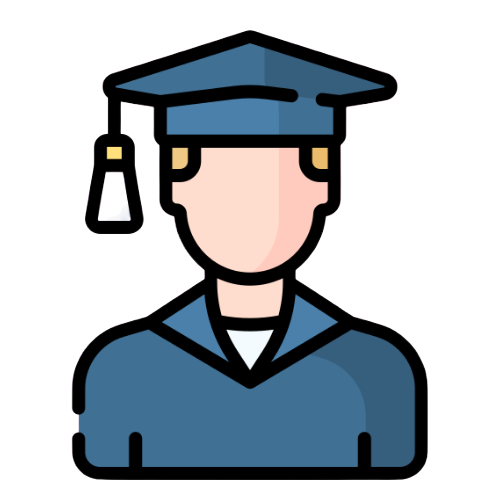In today’s interconnected digital world, information is readily accessible and easily shared. While this facilitates the exchange of knowledge and ideas, it also poses challenges related to ethical practices. Particularly in the realm of content creation and academia. Plagiarism, a serious offense in the academic and creative spheres, involves the unauthorized use or reproduction of someone else’s work, ideas, or intellectual property without proper attribution. This blog aims to delve into the concept of plagiarism, its types, consequences, and most importantly, how to avoid it.
What is Plagiarism?
It is essentially the act of presenting someone else’s work, words, ideas, or intellectual property as your own without giving proper credit.
This act undermines the integrity of the creative process, devalues the original author’s efforts, and misrepresents the plagiarizer’s own skills and knowledge. It can occur in various forms, i.e
- Direct Plagiarism: This involves copying and pasting content verbatim from a source without any alteration or proper citation.
- Paraphrasing Plagiarism: Paraphrasing involves rephrasing someone else’s work in your own words. However, if proper attribution is not provided. Even paraphrased content can be considered plagiarism.
- Self-Plagiarism: Also known as auto plagiarism, this occurs when an individual submits their own previously published work as new, without proper acknowledgment of its prior use.
- Mosaic Plagiarism: Mosaic plagiarism involves combining elements from various sources without proper citation, leading to a patchwork of copied content.
- Idea Plagiarism: Even if not copying exact words, using someone else’s unique ideas, concepts, or arguments without giving credit is considered plagiarism.
Consequences of Plagiarism.
It is not taken lightly, and its consequences can be far-reaching:
- Academic Consequences: In educational institutions, it can result in failing grades for assignments or courses, academic probation, or even expulsion in severe cases.
- Professional Repercussions: In professional settings, plagiarizing content can damage your reputation, hinder career advancement, and lead to legal actions if intellectual property rights are violated.
- Legal Issues: It can lead to copyright infringement, which is a violation of intellectual property law and can result in legal actions and financial penalties.
- Ethical Concerns: It goes against ethical standards of integrity, honesty, and respect for others’ work, undermining the principles that drive creative and intellectual endeavors.
How to Avoid Plagiarism.
Preventing it requires a combination of ethical awareness and practical skills. Here are some effective strategies to avoid plagiarism:
- Cite Your Sources: Whenever you use someone else’s work, whether it’s a direct quote, paraphrase, or even an idea, make sure to provide proper citations using a recognized citation style (e.g., APA, MLA, Chicago).
- Take Detailed Notes: Keep track of your sources and jot down important details like author names, publication dates, and page numbers. This will make citing sources accurately much easier.
- Understand Paraphrasing: When paraphrasing, ensure you not only change the wording but also the sentence structure and organization of ideas. Always cite the source if the original idea is not yours.
- Use Plagiarism Detection Tools: There are several online tools available that can help you identify potential instances of plagiarism in your work before submission.
- Plan Ahead: Time management is crucial. Procrastination can lead to rushed work, increasing the temptation to plagiarize. Start assignments early to allow ample time for research and proper citation.
- Seek Permission: If you want to use someone else’s work for purposes beyond fair use, seek permission from the copyright holder.
- Develop Your Own Ideas: Embrace your creativity and critical thinking skills. Developing original thoughts and ideas will not only help you avoid plagiarism but also enhance your intellectual growth.
Conclusion
Plagiarism is a breach of trust, ethics, and respect within the realm of knowledge and creativity. Understanding its implications and taking proactive measures to avoid it is crucial for both academic success and personal growth. By citing sources appropriately, embracing originality, and maintaining ethical standards, we can contribute to a world that values integrity and encourages the free exchange of ideas. Remember, every time you create, you have the opportunity to respect and honor the works that have come before you while leaving your unique mark on the tapestry of knowledge.


